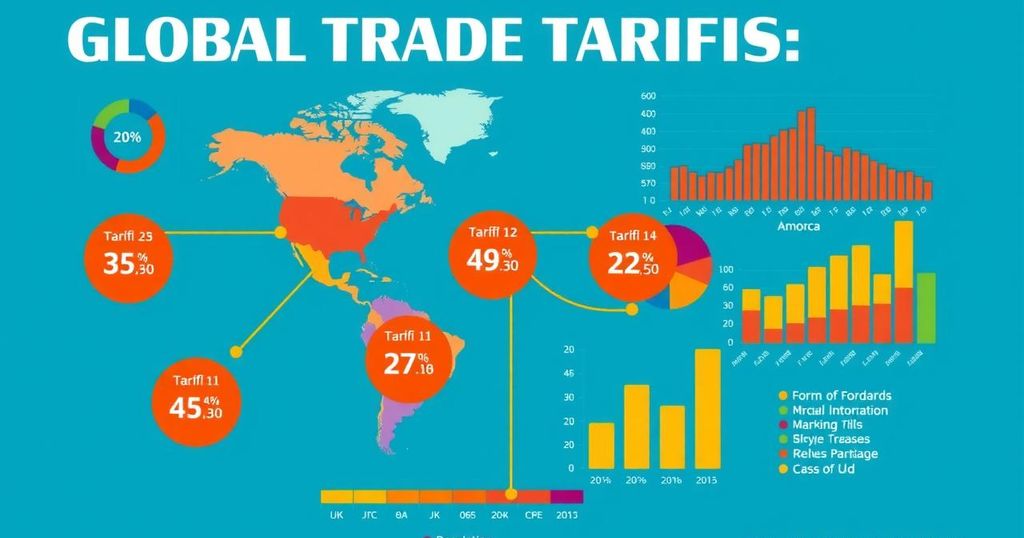Following the recent Bundestag elections, the Greens suffered a decrease in voter support, dropping to 11.61%. As a result, they are now positioned in opposition, likely forfeiting their governing roles to a conservative coalition. Leaders Habeck and Baerbock face challenges in redefining their political strategies moving forward amidst a shifting German political backdrop.
On February 25, 2025, the Greens faced disappointment following their election results, achieving only 11.61% of the vote compared to 14.8% in 2021. This notable decline forced them to relinquish their coalition position in the government, as the conservative Christian Democrats (CDU), alongside the Christian Social Union (CSU), are set to align with the Social Democrats (SPD). This shift will significantly diminish the Greens’ influence, relegating them to opposition status and limiting any substantial role in the upcoming government.
Outgoing Vice Chancellor Robert Habeck expressed his surprise at the results, stating, “This is not a good result: we wanted more.” He decided against leading the parliamentary faction or assuming a prominent role, while Foreign Minister Annalena Baerbock remains reticent regarding her future. Habeck’s inclination to seek a coalition with CDU/CSU has been criticized for costing votes, as co-leader Felix Banaszak noted serious apprehension about Friedrich Merz’s potential chancellorship among voters.
Critics within the Greens speculate that Habeck’s rhetoric surrounding immigration, particularly his calls for deportations, may have alienated potential supporters. The party lost approximately 700,000 votes to leftist factions advocating liberal immigration policies. However, co-leader Britta Hasselmann emphasized the successes achieved during their coalition, such as advancements in renewable energy and citizenship reforms, despite the governance being turbulent.
Transitioning to opposition will pose notable challenges for the Greens. Co-leader Banaszak emphasized the necessity for a government that confidently asserts Germany’s role in Europe, particularly in light of evolving dynamics under US influence. While partnership in a coalition seems unlikely, the Greens might play a critical role in efforts to reform the country’s fiscal policies, particularly if Merz seeks support to modify restrictive debt regulations.
The German Greens’ recent electoral outcome has transitioned them from a coalition partner to an opposition party, significantly curtailing their influence in governmental affairs. With a serious reflection on campaign strategies and internal dynamics, the party faces the difficult task of redefining its role amid changing political landscapes. Future prospects hinge on strategic partnerships, particularly concerning fiscal reforms vital for Germany’s defense commitments under new geopolitical pressures.
Original Source: www.dw.com




